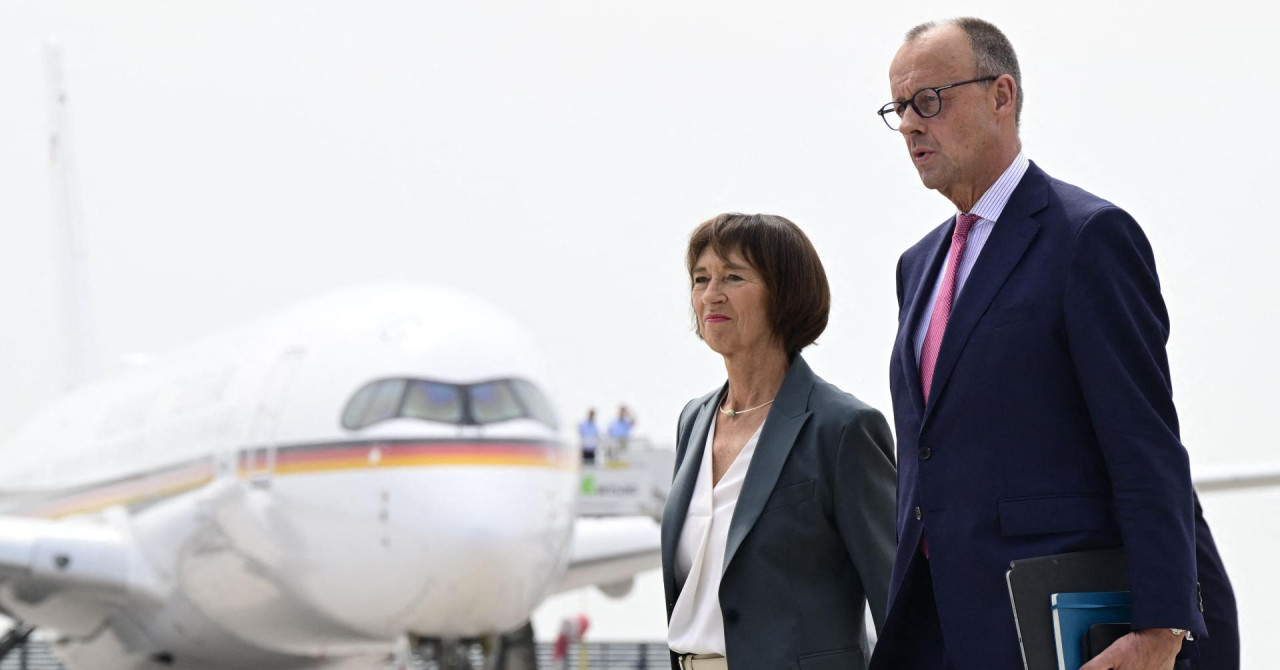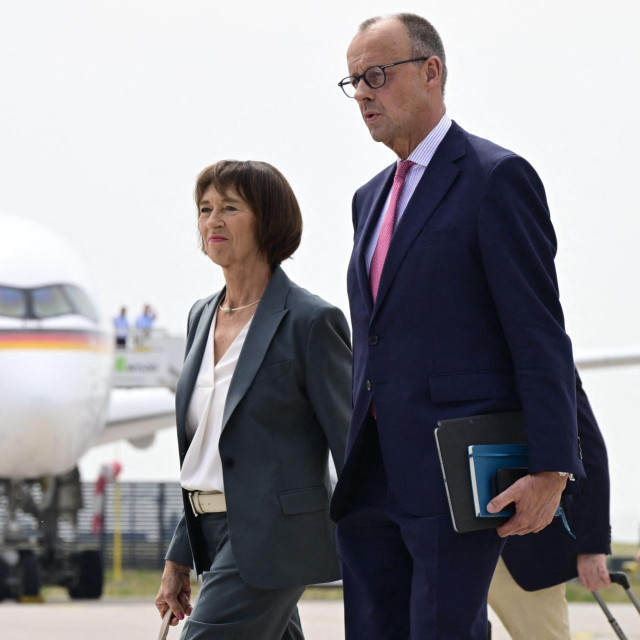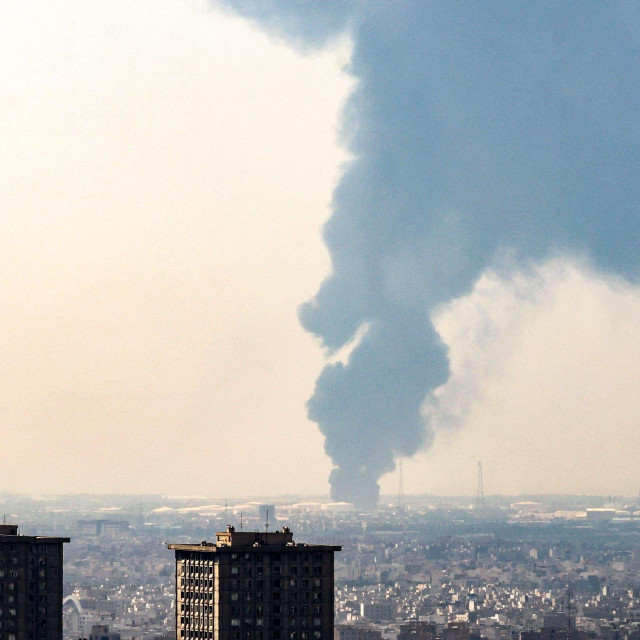German Chancellor Friedrich Merz announced increased protection for Israeli and Jewish institutions in Germany amid the ongoing conflict between Iran and Israel. Merz emphasized that Iran must not develop or possess nuclear weapons, while Israel has the right to defend itself against existential threats posed by Iran’s nuclear program. French Foreign Minister Jean-Noël Barrot also warned of the threat Iran’s nuclear program poses to the security of Israel and Europe, stressing that diplomacy is the only way to avoid escalation. Israeli Prime Minister Benjamin Netanyahu stated that Israeli strikes on Iranian targets are part of an operation to eliminate the nuclear threat and that Israel is not targeting the Iranian people but the regime. Israeli attacks have prompted Iranian missile strikes on Israeli cities, raising international concerns about the potential for a wider conflict. Germany and other European countries are prepared for diplomatic talks with Iran to de-escalate the situation.
Political Perspectives:
Left: Left-leaning sources tend to emphasize the importance of diplomacy and peaceful resolution, highlighting the risks of escalation and the need for dialogue with Iran. They often stress the humanitarian impact of the conflict and caution against military actions that could worsen the situation.
Center: Center-leaning sources report the facts of the conflict and the statements of political leaders, emphasizing the security concerns of Israel and the international community. They present a balanced view of the threat posed by Iran’s nuclear program and the defensive measures taken by Germany and Israel, while also noting diplomatic efforts.
Right: Right-leaning sources focus on the existential threat posed by Iran’s nuclear ambitions and strongly support Israel’s right to defend itself, including military actions. They highlight the need for increased security measures in Western countries and often portray Iran as a primary aggressor threatening regional and global stability.



